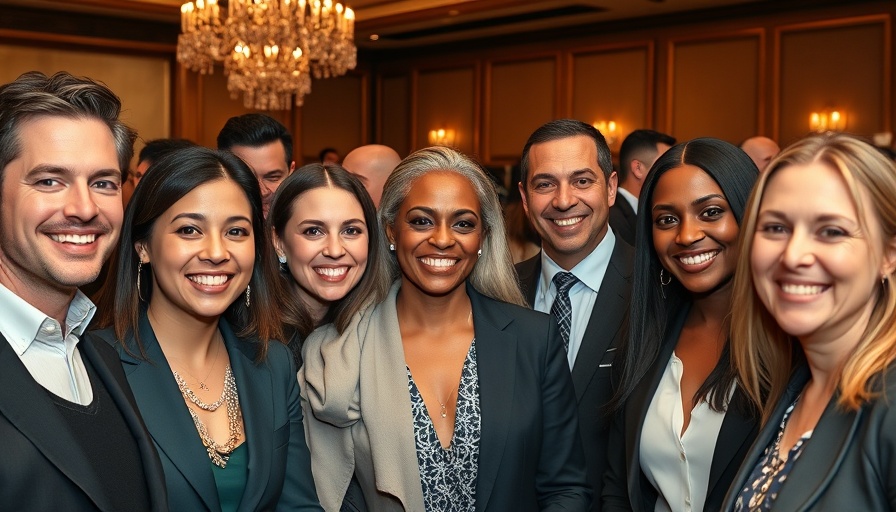
The Battle for AI Copyright: Tech Giants vs. Creators
In the ever-evolving landscape of artificial intelligence, major tech companies such as OpenAI, Meta, and Google are advocating for copyright immunity to enhance their competitive edge. As they gear up to defend AI’s right to learn from a broad spectrum of original works, the stakes are higher than ever before. These titans argue that restricting AI’s access to copyrighted content would not only hinder innovation but also put American firms at a serious disadvantage against countries like China, where AI development moves swiftly without such legal constraints.
Understanding Fair Use in AI Development
The tech giants emphasize that using copyrighted material for training AI models falls under fair use—a legal doctrine allowing limited use of copyrighted content without permission from the rights holders. Their rationale is grounded in the belief that if Chinese AI developers can use vast amounts of data freely, U.S. companies would lag behind. OpenAI's poignant submission to the White House warns, "If the PRC’s developers have unfettered access to data and American companies are left without fair use access, the race for AI is effectively over." This battle touches on the ethics of AI development and the balance between progress and copyright protection.
Voices from the Creative Community
However, not everyone is on board with this progressive push. The entertainment industry, particularly Hollywood unions, has rallied against these proposed exemptions. Critics worry that allowing AI to harvest unlicensed material would enable companies to profit from the creativity of countless artists without proper compensation or credit. Over 400 creators and industry professionals have condemned the idea, viewing it as a slippery slope toward exploitation. This tension raises a pivotal question: how do we safeguard the rights of artists while fostering technological innovation?
AI's Role in Gaming: Innovations on the Horizon
Recent innovations within the gaming sector further illustrate how AI can transform creative processes. Roblox, for instance, launched its Mesh Generator API, a groundbreaking tool powered by an advanced AI model capable of generating 3D objects from text prompts. This not only expands the possibilities for game developers but also aims to engage a broader audience in the creative process. With future developments venturing into real-time translation and speech technology, Roblox seeks to capture a more significant share of the booming $180 billion gaming market.
The Russo Brothers: Advocates for AI in Filmmaking
Notable directors Joe and Anthony Russo have also voiced their support for responsible AI use in film. During a recent premiere, Joe Russo highlighted the current misunderstanding surrounding AI's role in creative industries. He expressed that, while AI is not yet reliable for crucial decision-making, it presents extraordinary potential in creative applications. This perspective promotes a narrative that embraces AI as a tool for enhancing not just art but the entire filmmaking process.
Looking Ahead: Navigating the Future of AI and Copyright
As the debate surrounding AI copyright and its implications for creative industries continues to unfold, stakeholders from all sides—tech giants, creators, and policymakers—must navigate this complex landscape carefully. Understanding the dual importance of fostering innovation while protecting the rights of the original creators will be crucial in defining the future of AI. This conundrum mirrors wider conversations about technological disruption: How can we promote creativity and safeguard intellectual property simultaneously?
The current evolution of AI is a reminder that technology can serve as both a source of innovation and a point of contention. As these discussions progress, it becomes essential for enthusiasts and everyday users alike to stay informed. For the tech-savvy reader eager to dive deeper into this topic, following the latest AI news updates will be beneficial in grasping the implications of these discussions on future developments.
 Add Row
Add Row  Add
Add 




 Add Row
Add Row  Add
Add 

Write A Comment